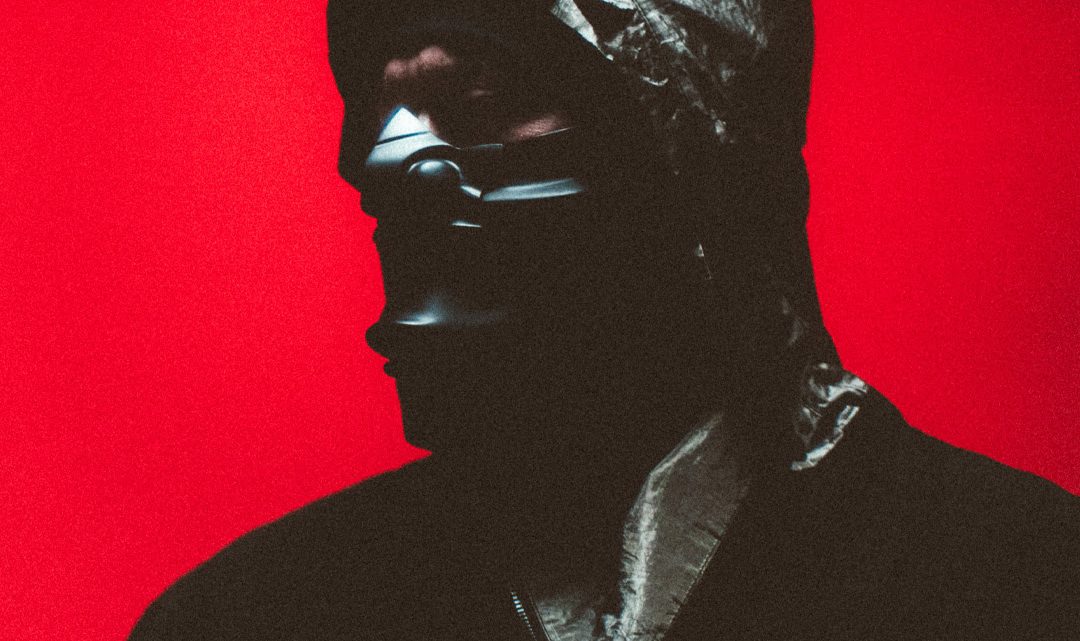
IBARAKI SHARE “JIGOKU DAYŪ” VIDEO
14th September 2023 0 By Jon DeauxTrivium singer and guitarist Matthew Kiichi Heafy released RASHŌMON, the long-awaited and much-anticipated album from his IBARAKI project, last year via Nuclear Blast. Listen to the full album here.
Today, Heafy has shared the video for “Jigoku Dayū,” which was directed by Black Card Films[su_youtube url=”https://www.youtube.com/watch?v=XwHTG0Ir_ls” title=”Dolby Atoms Version”] “When I first witnessed the original classic Japanese painting of Jigoku Dayū, I was mesmerized; then I read the story,” Heafy explains. “The story is one that still haunts me to this day: a woman captured, enslaved, and forced into a world of servitude. The kimono she forged for herself depicted all the scenes of hell — a metaphor of the prison she now lived in.”
ABOUT IBARAKI:
IBARAKI — the name for a terrifying Japanese demon taken from feudal legend and the new project of Trivium’s Matthew Kiichi Heafy — is more than a solo record. It’s the end-result of a journey of an artist finding his voice. Its inspirations include everything from an adoration for the extremes of black metal to the exuberant storytelling of Gerard Way to the adventuresome worldliness of tragic bon viveur Anthony Bourdain. It’s a reflection of Kiichi’s multifaceted interests as well as a profound affirmation of his Japanese-American identity, and one that led him to confront one of his family’s most tragic moments. Like the artist behind it, there is much to the story of Ibaraki and it began with a timid email to one of black metal’s most revered and influential figures.
Kiichi, a fan of black metal before he even started Trivium, reached out to label reps for Ihsahn of Emperor, and the artist personally responded. He recalls, “It was so cool to get that nod and it inspired me to start checking some of his solo stuff. He’d just released his own solo record and I’d never heard anything like it — saxophones, clean singing, jazz chords. It was incredible to me. He’s this non-stop inventor. So I started writing in a totally different way.”
The exposure to Ihsahn’s solo work would inspire the gradual craftsmanship that would eventually become Ibaraki. It was also the beginning of a friendship and creative collaboration that would eventually compel Ihsahn to take a leap of his own into a newfound role as a producer on the project. While much of the material for Ibaraki was assembled over those months and years — as much a song-writing process as an exchange of ideas between friends — it wasn’t until the pandemic that the space was created and the idea could really flourish.
“It was very loose,” says Ihsahn. “We just had rough demos for a very long time because we’re arguably pretty busy people, but suddenly, everything was canceled and we had time on our hands for the first time, so it was like, ‘OK, let’s do this.’ We never got to work in the same room; he’d track guitars and send them to me, I’d run them through my studio and send them back. It was a new way of working, but it was like he was there on the other side of the glass. Matt is a very, very positive, energetic, and passionate music fan – we have similar attitudes to music and open mindedness. We hit it off, and it’s been really rewarding to me.”
The creative interactions between the pair are the result of a deep trust borne of the commonality of their experience. “We both started our respective bands when we were 13,” Ihsahn says. “We got signed when we were 16. That’s young, and in essence, we both found our path in life at an early age. We’ve talked a lot about that and our different experiences with that because it’s like we know nothing else.”
While the material was primarily written by Kiichi, Ihsahn engineered produced, and contributed some song structures, plus Trivium drummer Alex Bent, bassist Paolo Gregoletto, and guitarist Corey Beaulieu contributed to various tracks. Ihsahn’s wife Heidi even sampled some natural sounds from the forest near their home and his entire family. Additional guests include the aforementioned Way and Behemoth’s Nergal.
Ihsahn also encouraged Kiichi to seek out new avenues for lyrical inspiration, namely his Japanese heritage. While an array of stories have been told via the tattoos on his body, such as the specific ancient Japanese story of gods, goddesses, and monsters from the Shinto religion taught to him by his mother, he began pouring the stories into lyrics.
While the rich mythology and folklore of Japan would give IBARAKI its unique aesthetics and influences, it also provides the artist with the catalyst to contemplate his own identity and to consider how recent tragedies stateside have highlighted the need for better representation in metal.
Follow Ibaraki on TikTok here.
FIND IBARAKI ONLINE
About the author
I am Legion for we are many


